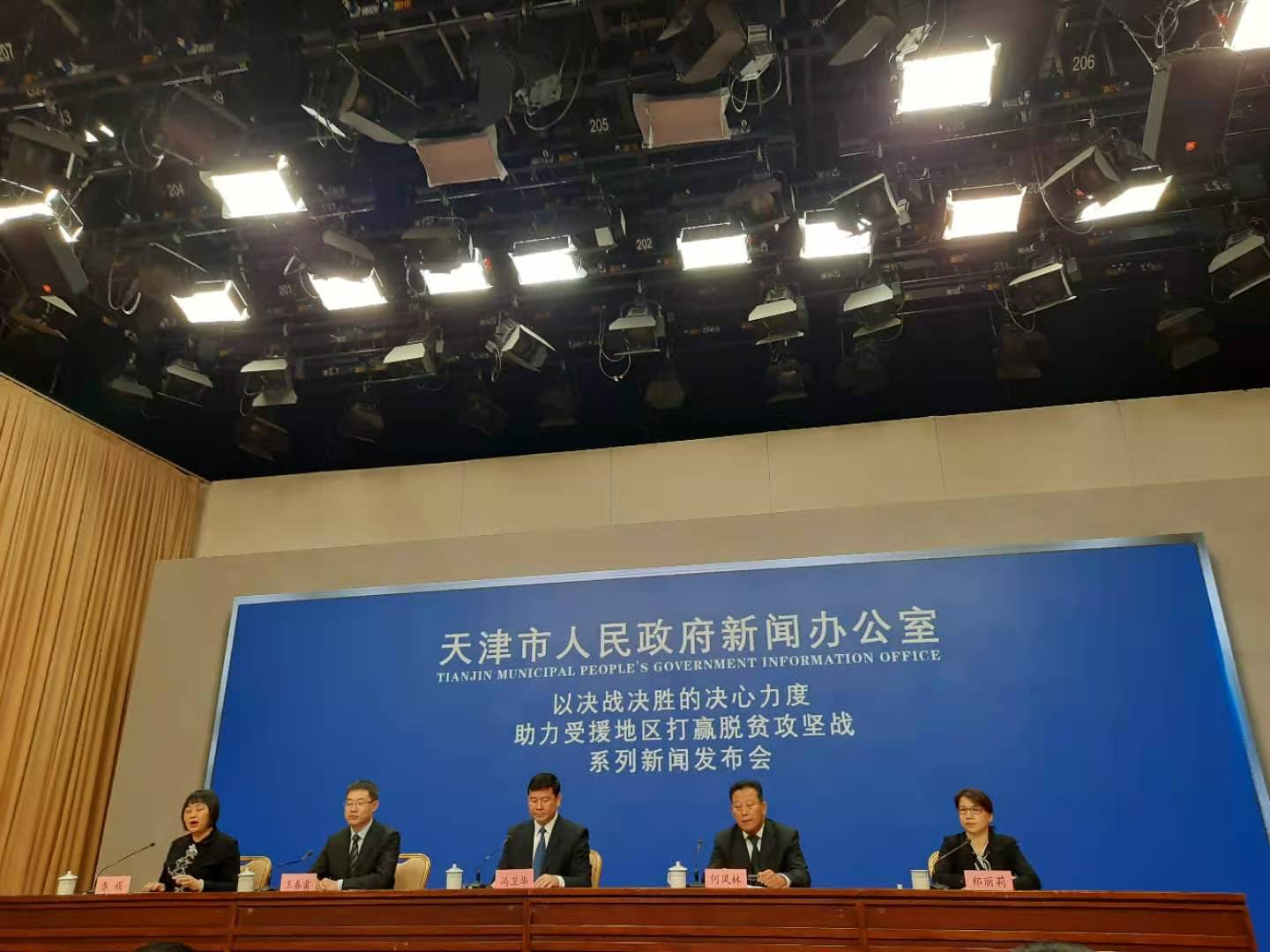Four counties shake off poverty with support of Tianjin district


Four areas - Xinglong county in Hebei province, Huachi and Zhengning counties in Gansu, and Dingqing in Tibet - have escaped poverty with the assistance of Beichen district in Tianjin.
With help from Beichen companies, a number of characteristic industries with economic benefits and a strong momentum have been developed in these four areas.
In Xinglong county, for example, six new cold storage units have been built to enhance the storage of key local agricultural products - hawthorn and chestnuts - by 40,000 tons, so that they can be further processed and sold off-season.
Since 2017, Beichen district’s government delegations have visited the areas many times to promote investments and local development. They have facilitated a total of 375 million yuan ($56.96 million) in fiscal funding and 283 million yuan in poverty alleviation through consumption, driving the employment of 8,594 impoverished people.
In Huachi county, a Beichen company invested in the establishment of an agricultural science and technology company to carry out research and development on fungus strains, and built a comprehensive demonstration park integrating planting and picking,sightseeing and leisure, and product sales.
The district invested 15 million yuan to build 89 greenhouses, three workshops, and a fungus center with an annual output of 10 million units. Bonuses are shared to increase the income of poor households.
Located on the Qinghai-Tibet Plateau, Dingqing county’s fruits and vegetables are largely shipped from other places with long transportation times and relatively high costs. In response to this, the district invested more than 10 million yuan to build an agricultural ecological industrial park, upgrade and renovate 60 greenhouses, and build a 2,000-square-meter smart greenhouse to produce vegetables, fruits and flowers. The move not only improved local food supplies, but also benefits local residents with more jobs and increasing incomes.
To create more job opportunities, the district introduced favorable measures such as social security and job subsidies, and provided skill training benefiting about 8,000 people.
Social donations in the district reached 65.71 million yuan, and 43.62 million yuan worth of anti-epidemic materials were provided to the areas during the virus outbreak.

























